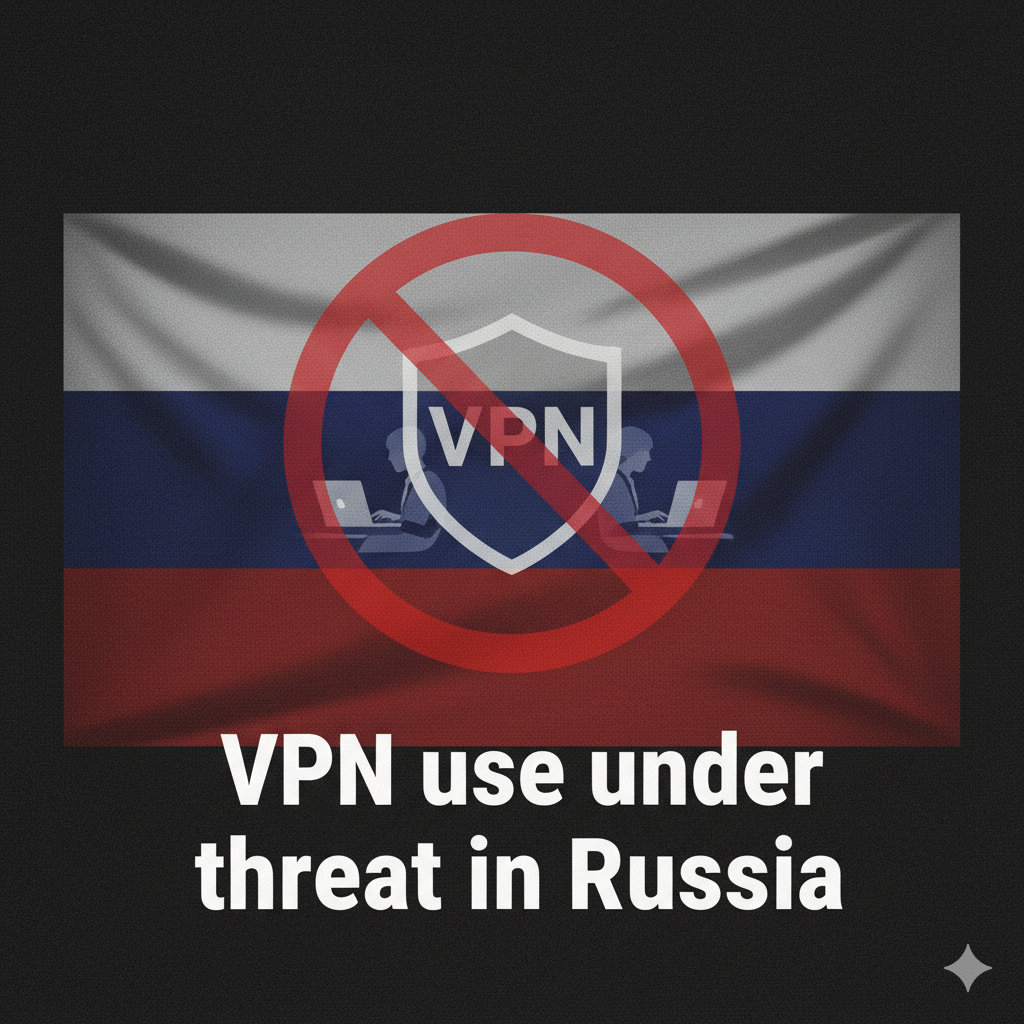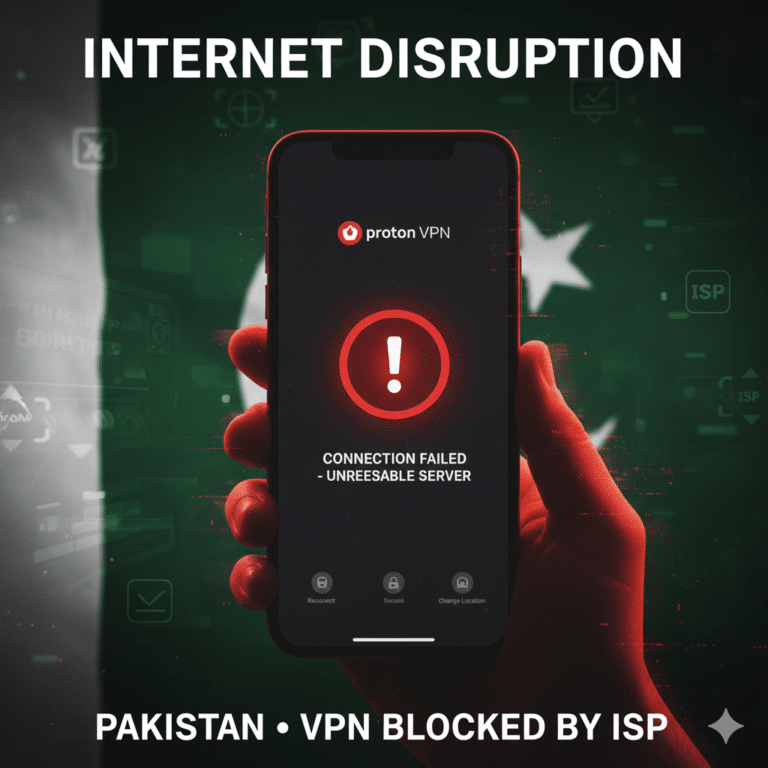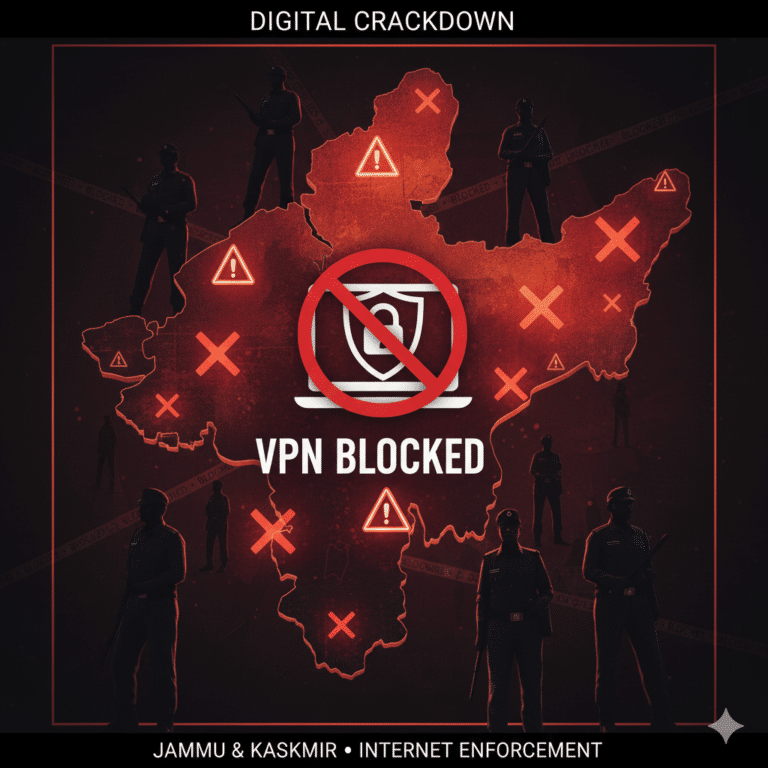In a major escalation of digital regulation, Russia has introduced legislation that significantly tightens the rules around virtual private networks (VPNs) — not by banning their use outright, but by imposing steep penalties for VPN-related activities tied to banned content(Governments crack down on VPNs) Russia’s proposed law would fine users and ban promotion of VPNs used to access “extremist” content.. The proposed law creates new legal risks for users who employ VPNs to access material deemed “extremist”, and for those who promote or operate VPN services. The move signals a broader strategy of states exerting more control over how people use VPNs, with major implications for privacy, access, and internet freedom.
The keyword for SEO emphasis here is VPN regulation Russia.
What the law entails
The bill in question, referenced as Bill No. 755710-8, is currently under consideration in the State Duma (Russia’s lower parliamentary house). It extends administrative penalties to multiple VPN-related activities. The core measures include:
Individuals who use a VPN (or other anonymizing tools) to search for or access content on the government’s list of “extremist materials” may face fines of 3,000 to 5,000 rubles (~US $34-57).
Promotion or advertising of VPN services can attract fines of 50,000 to 80,000 rubles (~US $640–1,020) for individuals, rising to 200,000-500,000 rubles (~US $2,550–6,380) for companies.
Use of unauthorized VPN infrastructure, or operating VPN gateways without registration, is also targeted. Some legal entities face fines of up to 1 million rubles (~US $12,800).
Additionally, the use of a VPN in the commission of a crime is now flagged as an “aggravating circumstance” under the criminal code — meaning that even legitimate service use could carry enhanced risk if other offences are involved. (TASS)
The law entered into effect or is scheduled to do so from September 2025 (depending on final ratification) according to the official announcement. (TASS)
Why it matters for VPN users and providers
This legislation goes beyond typical regulation of VPN services by targeting use of VPNs for certain content access — that is, it shifts from regulating infrastructure to regulating user behaviour. A few implications:
Increased risk for users: Even if the VPN service itself is legitimate, using it to access any content listed as “extremist” may expose users to fines. That raises the stakes significantly for everyday users in Russia.
Chilling effect on usage: The ambiguous definition of “extremist materials” and the inclusion of VPN access means that many users may self-censor or abandon VPN use altogether, even for benign access. Digital rights groups warn of this. (IBA)
Operational challenges for providers: VPN services face new burdens — compliance, transparency, possibly registration or localisation. Advertising restrictions and threat of heavy fines may deter some providers from operating in or servicing Russia.
Global context: For international VPN providers servicing Russian users, this introduces reputational, legal and technical risks. They must assess whether to continue operations, modify access restrictions or geo-block Russian traffic.
A digital rights lawyer, Galina Arapova, commented:
“The fines imposed on individuals searching for ‘extremist content’ range from RUB 3,000 to RUB 5,000 — enough to act as a serious deterrent.” (IBA)
And from civil society, Roskomsvoboda co-founder Sarkis Darbinyan warned:
“I think this is a completely new chapter in repressive Internet regulation in Russia – the beginning of a transition to a model of criminalizing content consumption.”
Comparisons & broader trends
This Russia example reflects a broader global trend of tightening oversight over VPN services and their use:
In the case of many countries with strict internet governance (e.g., China, Iran), VPN access is already heavily restricted or requires government approval. Russia’s model, by contrast, keeps VPNs legal in principle, but burdens their use with risk.
While previously regulation focused on providers (blocking unregistered VPNs, banning certain services), this law targets users and their behaviour. That marks a shift in policy calculus.
In contrast, many democratic states emphasise privacy and protection — e.g., the EU has rules protecting personal data, but seldom criminalizes VPN use per se. Russia’s approach thus stands out as part of a more authoritarian model of internet control.
Tips for users & providers operating in or connected to Russia
For users: Understand the local context — if you are using a VPN in Russia to access or share any content that might be labelled “extremist,” you may face risk. Even foreign VPN services don’t fully shield you from national law.
For VPN providers: Review whether continuing operations servicing Russian traffic is worth the risk — heavy fines, asset seizures or sanctions might apply. Consider geo-blocking Russia, or clearly disclaiming risk.
For enterprise and remote-work use: Companies with Russian employees or networks must ensure compliance with local telecom and data laws, and realise that VPNs may not offer the protections they once did in that jurisdiction.
Learn more than Enterprise VPNs face rising vulnerabilities in 2025
Conclusion
Russia’s expanded crackdown on VPNs signifies a paradigm shift: instead of just regulating which VPN services operate, the state is now targeting how VPNs are used, and penalizing not just the providers but the users. For anyone relying on a VPN in Russia — whether to access uncensored news, protect privacy, or conduct business — the message is clear: the digital environment is changing, and what once provided a shield may now bring liability.
In the growing conversation around VPN regulation and digital rights, this law stands as a stark reminder: tools that bypass restrictions may make those behind them vulnerable. For global users and providers alike, the moment calls for caution, awareness and strategic planning.



